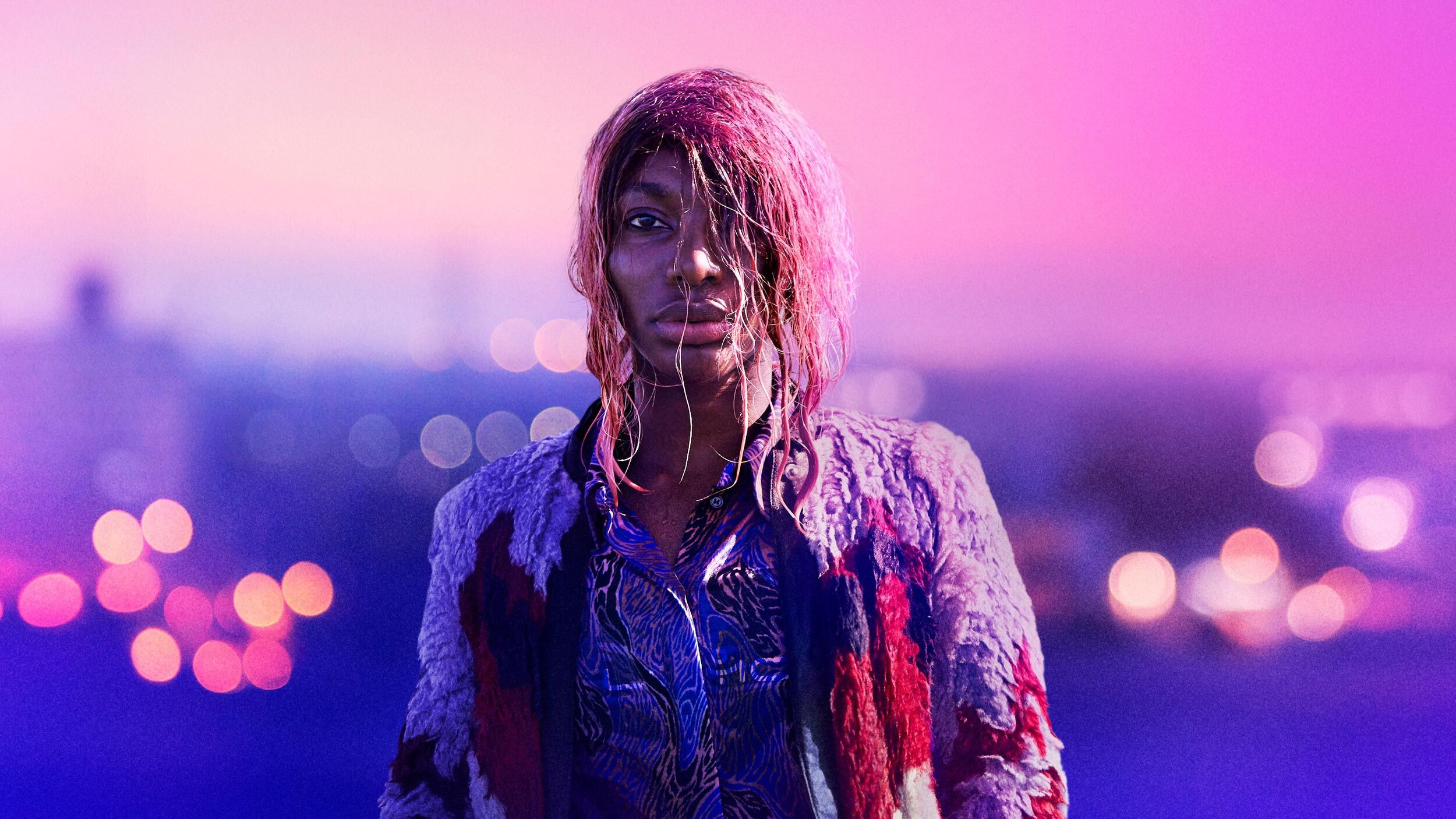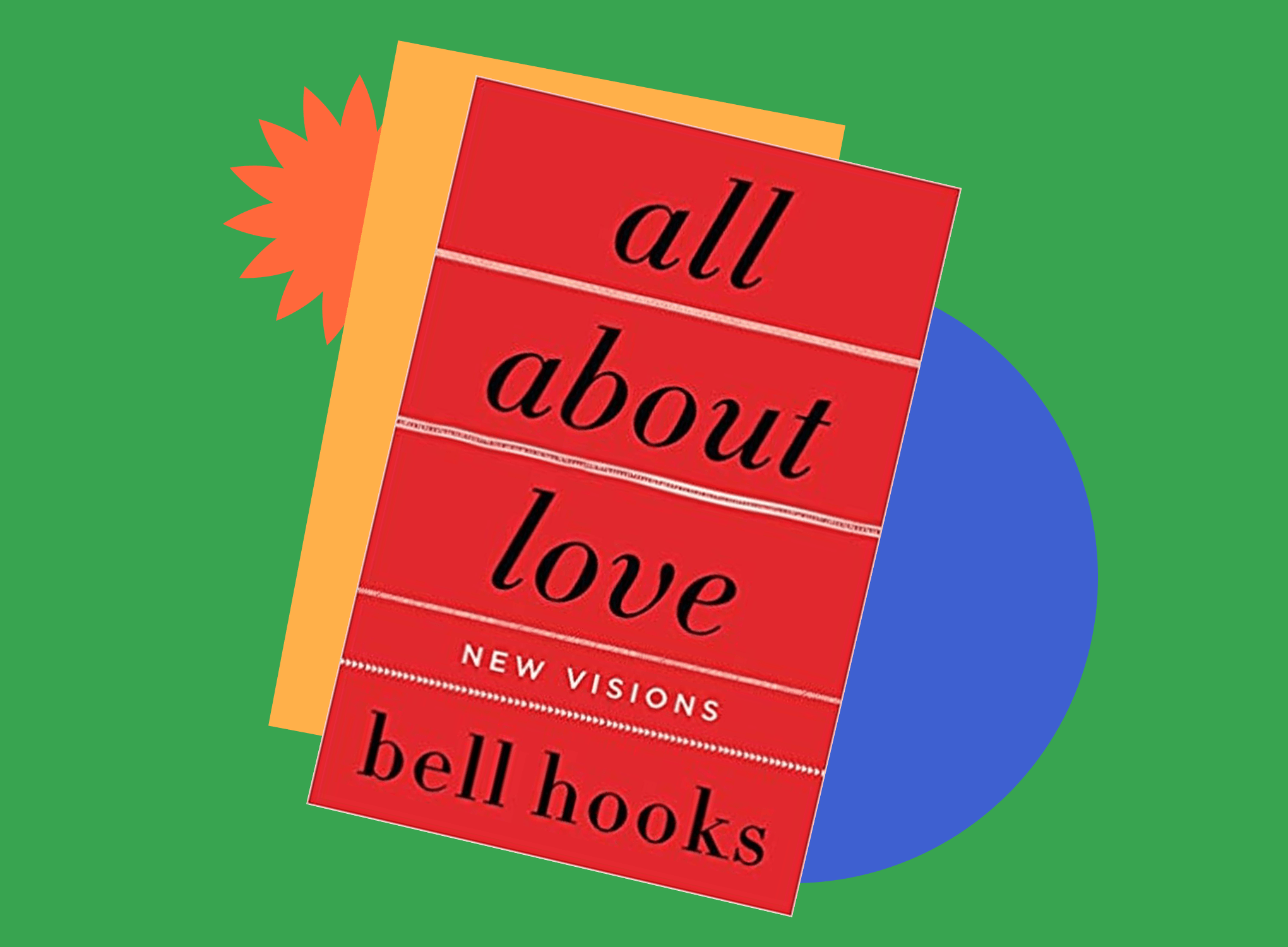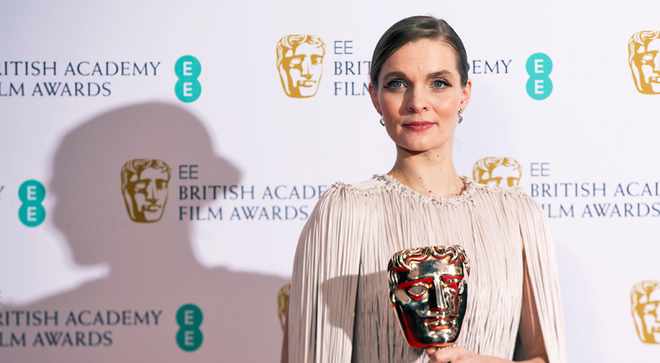NOTEBOOK #4
Despite the ever-growing interest in feminism, there still exists insurmountable disparities in representation of women’s achievements in the art field and in cultural industries - and cinema is no exception. To celebrate women’s creativity, I decided to choose a few cultural artefacts by female authors representing women’s experiences through artistic vision.
Recommended by Agata
WATCH
Madeline’s Madeline
The eccentric, electrifying and vertiginous film Madeline’s Madeline (dir. Josephine Decker, 2018) tells a story of sixteen-year-old Madeline (Helena Howard), an aspiring actress who has become a central protagonist in an experimental theatre troupe, and the complicated relationship with her mother (Miranda July). The spectator is invited to delve into Madeline’s psyche, swayed by an unspecified mental illness, twisting her perception of the world around her. Due to this troubling condition and the exploitative behaviour of the group’s director (Molly Parker), the thin line between the lived reality and the fictitious performance is blurred. This intermedia film renders the theatrical stage a place of perpetual schizophrenia and performers’ shape-shifting, mirrored in the main protagonist’s mental well-being.
Formally, the film plays with disharmonic, distorted soundscapes correlating with a colourful and frantic camera-work constantly invading the actors’ personal space. Madeline’s Madeline is a highly ‘auteur’ film, that might not be everyone’s cup of tea, but there is no doubt that it offers a unique perspective on mental illnesses while challenging the notion of fiction and reality, contrasting the inner world with the outside one, analysing mother-daughter relationships and power dynamics, and intertwining theatre with moving image.
Stream on MUBI
Helena Howard as Madeline, 2018
Mica Levi, 2015
LISTEN
Mica Levi (they/them) and their soundtrack for
Under the Skin (2014)
Mica Levi aka Micachu (they/them) is a musician and composer living in South-East London who uses programming software, written notation and improvisation to produce their music. Known from their soundtrack for Under the Skin (2014), an eerie and somewhat disturbing film starring Scarlett Johansson, their music is characterised by cold, intense, shivering, noise-y ambient soundscapes with occasional use of strings instruments or subdued robotic-sounding voice recordings. Through their hypnotic sonic arrangements, they invite the listener to step out of their easy-listening comfort zone and enter the realm of unknown, imaginative and outer-worldly subconsciousness.
Listen on Spotify
WATCH
I May Destroy You (2020) by Michaela Coel
In the light of the recent disappearance of Sarah Everard, a young white British woman, who was kidnapped and murdered by a Metropolitan police officer, and the vigils and demonstrations following up the case to raise awareness about public safety and vulnerability of women, it is necessary to highlight the importance of the HBO-series
I May Destroy You.
The British series, starring and directed by Michael Coel, evolves around a group of three Black friends living in London trying to deal with their complicated sexual traumas, such as the troubled aftermath of being raped, lack of consensual sex, insecurities about one’s sexuality, or the shallowness of casual Tinder/Grindr hook-ups. Despite intimacy and sex remaining the main themes of the series, it also uncovers many other constituents of one’s (Black British) identity, such as the inherent systemic racism, the importance of friendships and support network, self-care and mental health, the toxicity of social media presence and the paranoia surrounding it.
I May Destroy You presents a well-nuanced insight into the fragility of one’s existence in metropolitan cities and offers an accessible yet complex unwrapping of some of the most burdensome topics the society has to face. Sensitively combining wittiness, humour, kindness with rawness, sadness, and honesty, we should appreciate this series as educational material opening up the stifling reality of victims of sexual harassment and rape - a disturbing climate of today’s reality.
Stream on HBO and BBC iPlayer.
Michaela Coel in I May Destroy You (2020)
All About Love: New Visions by bell hooks (1999)
READ
All About Love: New Visions (1999) by bell hooks
“To truly love we must learn to mix various ingredients - care, affection, recognition, respect, commitment, and trust, as well as honest and open communication.”
Although this recommendation does not have anything to do with cinema, it is an essential piece of literature we should all know about. Personally, All About Love might be one of the most influential books I have ever read - it felt like a therapy teaching me how to lead a life full of love, (self-)care, companionship, forgiveness and mutual aid. The author of the book, bell hooks, is a prominent Black feminist writer, educator and activist, thinking in a truly intersectional way weaving together issues of feminism, race, capitalism, gender, and class. Unlike many other academics, her oeuvre is accessible and inclusive - it reads with ease, despite analysing often complex and burdensome topics.
All About Love is a well-rounded, intimate, sensitive look at the necessity of love in contemporary world (and - sadly - lack thereof) and ways to nurture the loving relationship with one’s environments, people, and ourselves. Not your regular shallow “self-help” motivational book, bell hooks sparks a little hope in her readers and reminds us, that - however cliché it sounds - in reality,
“All we need is love.”
Buy bell hooks’ books via The Word Bookshop
FOLLOW
Girls in Film network
Girls in Film is an online platform connecting a world-wide community of women, trans and non-binary film-makers. The website aims to highlight bold and unique voices in their film-making, champions the diversity of their work, and reinforces their position within the film industry. It presents a myriad of different film genres, ranging from music videos, experimental films, audio-visual essays and beyond, from all across the globe. Girls in Film organises a wide spectrum of events such as film screenings, panel discussions, festivals, and exhibitions, as well as collaborating with other institutions and brands seeking to celebrate feminist issues and the importance of voices in creative industries of women, trans and non-binary people.
Follow their Instagram and website
Girls in Film
Hildur Guðnadóttir becomes first solo female to ever win BAFTA Award for Best Original Music for Joker (2019)
LISTEN
Hildur Guðnadóttir (she/her)
Hildur Guðnadóttir (she/her) is an award-winning Icelandic cellist, composer, and music producer known for her collaborations with Jóhann Jóhannsson,
Animal Collective, Throbbing Gristle and
Sunn O))), among others. In the cinema world, she is celebrated for her soundtracks for Joker (2019), Chernobyl (2019), and Sicario (2015). Considering the dark and hopeless atmosphere of these films, it is not surprising that her cinematic scores reflect the dramatic narratives and sombre visuals. Similarly to Mica Levi, Guðnadóttir’s music should be listened to with closed eyes to let one’s body and soul embark on a deep sensorial journey
through ethereal sonic worlds.
Listen on Spotify
FOLLOW
ContraPoints
For those of you who enjoy getting political, philosophical and critical, I would like to suggest following videos by Natalie Wynn, American-based trans-femme Youtuber, better known for her pseudonym ContraPoints. Self-proclaimed “ex-philosopher,” ContraPoints explores controversial topics ranging from politics (the alt-right, the left), gender studies (trans-phobia, pronouns), cultural theory (cancel culture,“the cringe”), sociology (“The West,” beauty) to celebrities (Jordan Peterson, J.K. Rowling). Wynn’s witty, analytical, well-researched and straightforward content is often structured as debates between various characters played by herself. Her videos have received positive critical responses and have been praised for their intricately designed sets and costumes and their darkly humorous tone.
Definitely worth checking her channel out,
ContraPoints is a special one!
Follow her Youtube channel
ContraPoints
Laura Mulvey on the male gaze in cinema.
READ
Laura Mulvey - Visual Pleasure and Narrative Cinema (1973)
Arguably, the essay Visual Pleasure and Narrative Cinema (1973) by British film critic Laura Mulvey, might be one of the most influential pieces written on the notion of (male) gaze in cinema. In general, Mulvey’s paper analyses the portrayal of women in films, and in particular, what power relations arise under the scrutinising perspective of the male gaze. Drawing upon Freudian and Lacanian theories, she argues that the viewer of the film inevitably identifies with the male gaze and perceives the figure of the woman on screen as the object of desire. Although the essay was written almost 50 years ago, Mulvey’s thinking is still relevant to contemporary visual cultures, and, perhaps, even more so with the omnipresent sexualising and objectifying women through social media, advertising, and porn. As active spectators, we are compelled to shift our focus towards a more feminist representation of women in cinema, become more critical of such depiction, and, consequently, resist such socio-cultural hegemony.
Read here
“Feminism is for everybody.” - bell hooks







